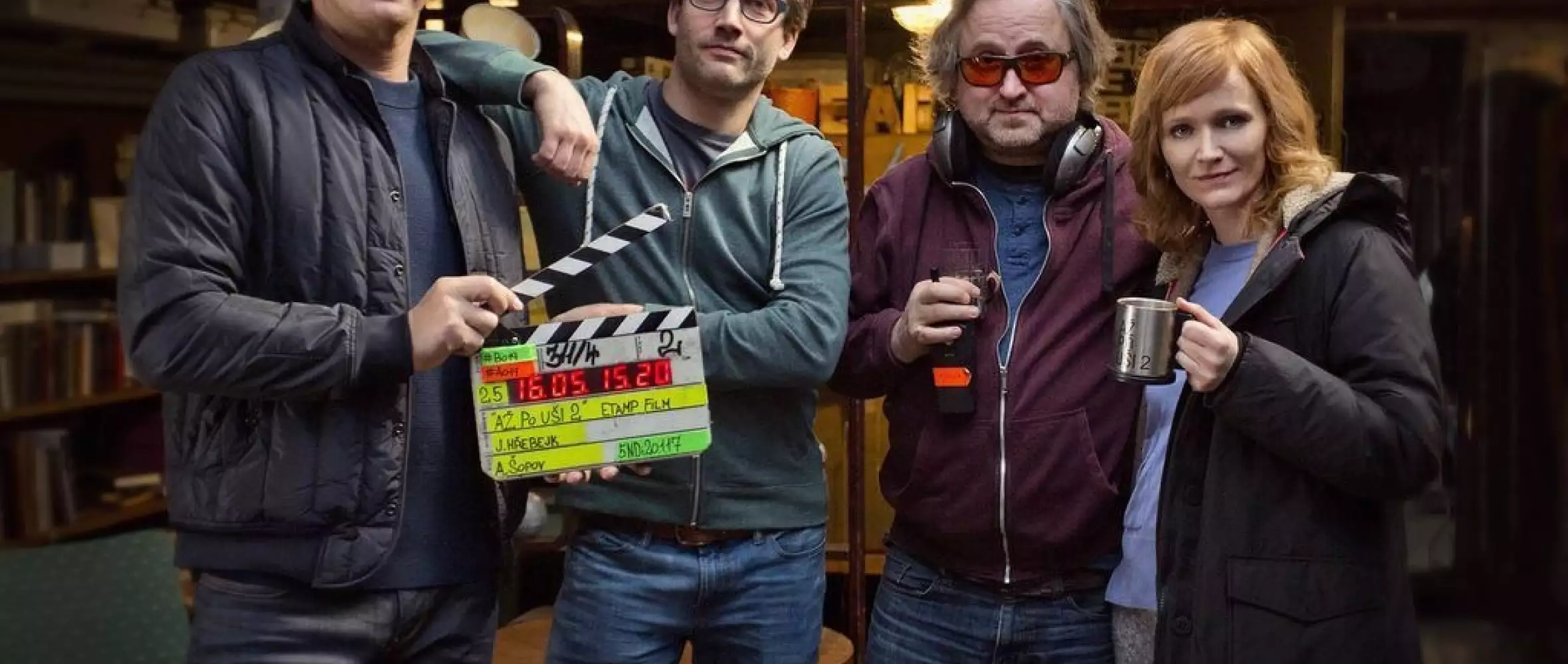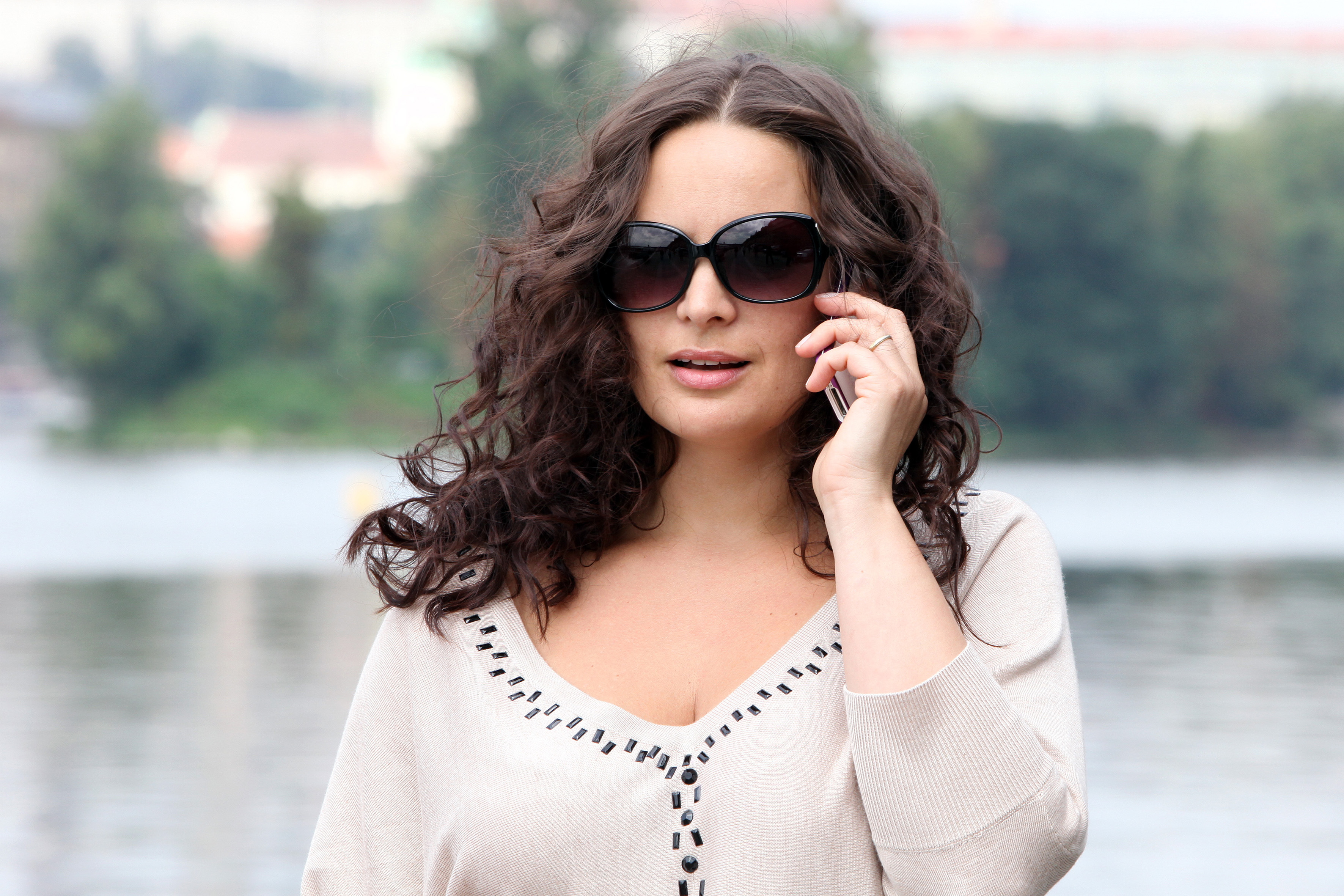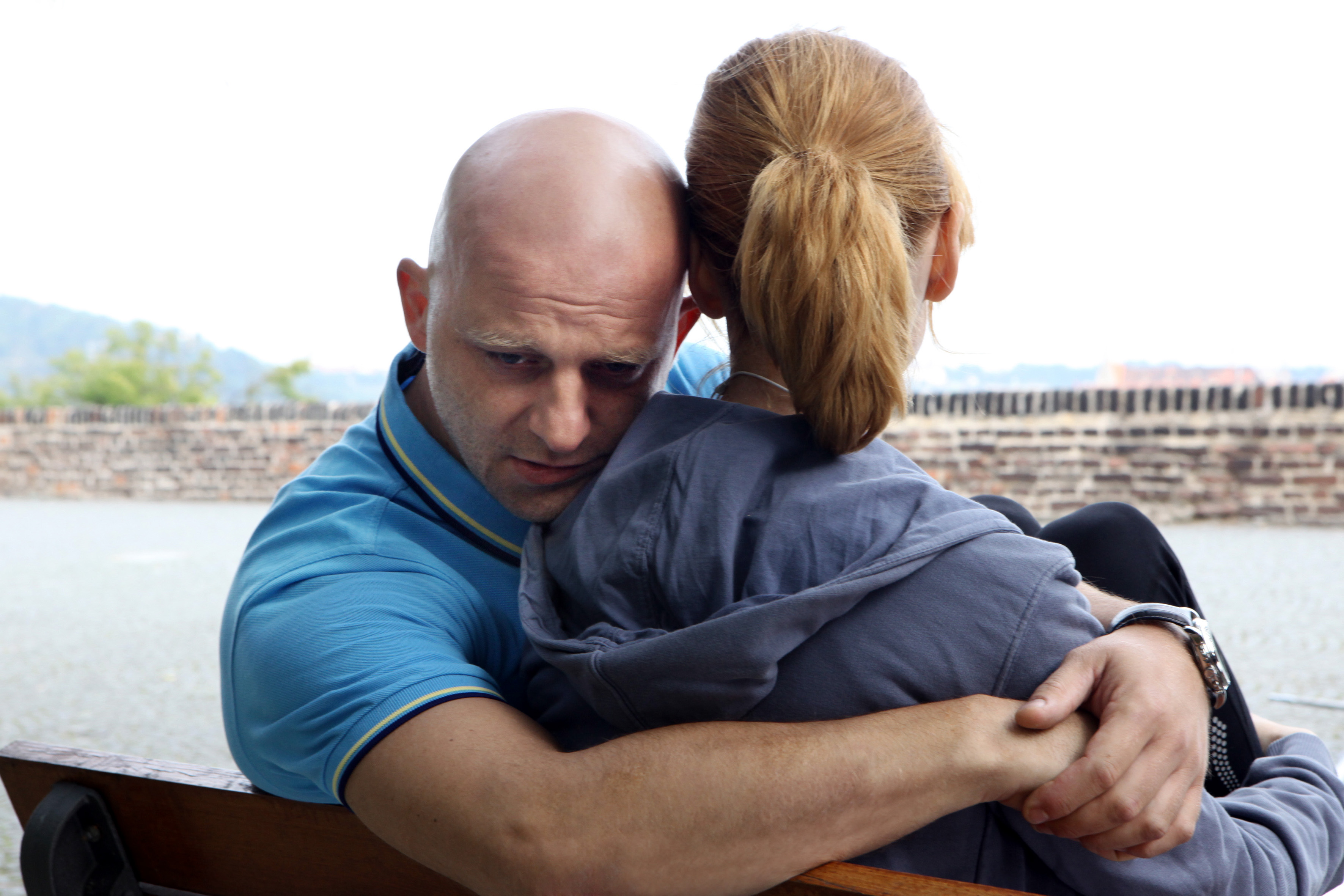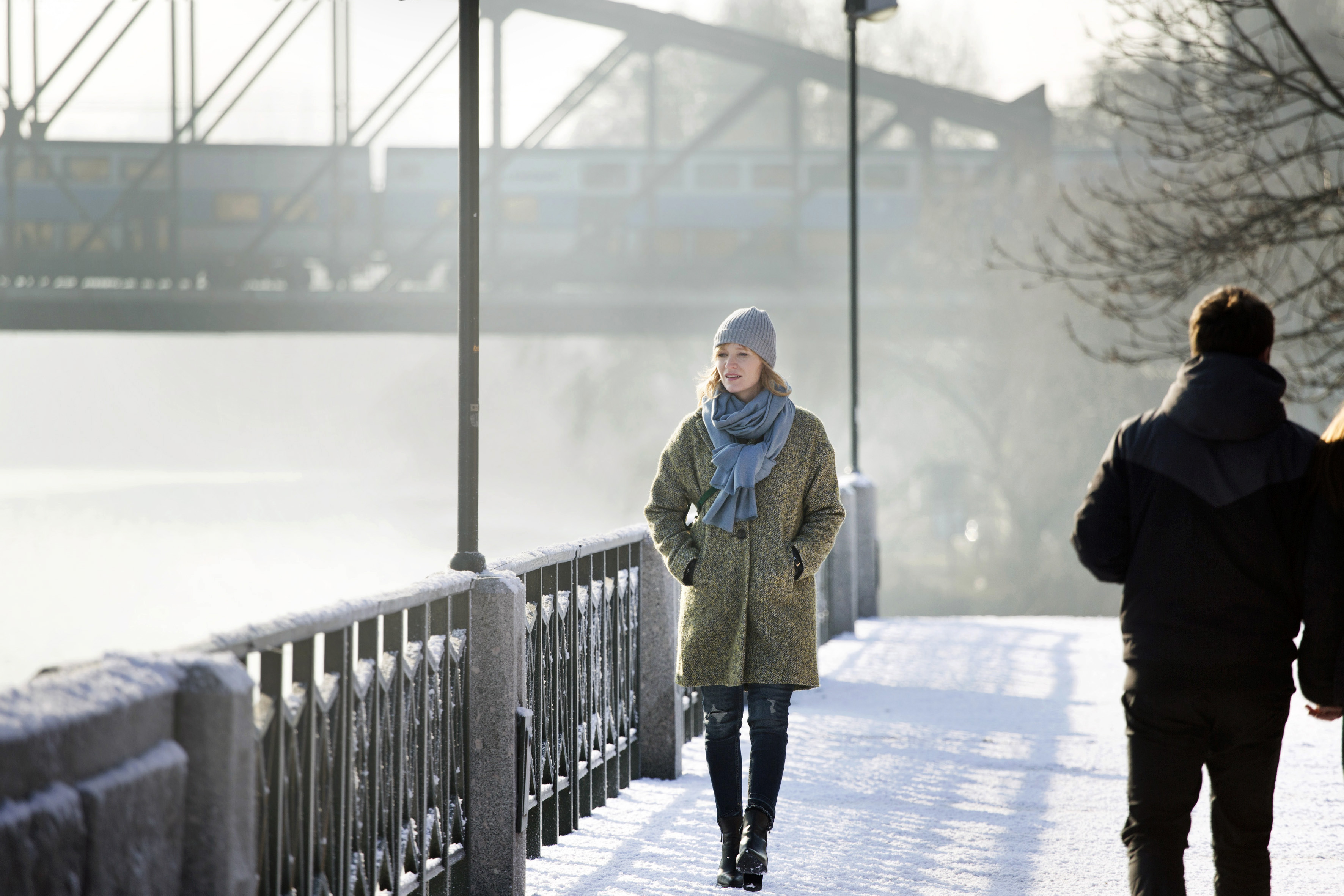
10 August 2017
Jan Hřebejk: Every Genre Has Its Rules
Jan Hřebejk: Every Genre Has Its Rules

The second season of the successful show Head Over Heels premieres on the Czech version of HBO Europe this coming October. The first season (2014) was based on Shall We Kiss (2007), an original Israeli TV series. Now the Czech production team has decided to take the show further, and in their own direction. The show’s director is Jan Hřebejk (The Teacher, Divided We Fall), with Tereza Polachová (Burning Bush, Wasteland) as creative producer. “The sequel is a fully independent production,” says Hřebejk.
Interview by Hedvika Petrželková for Czech Film Magazine / Fall 2017
Was it decided to renew the show for a second season while the first one was still in the making?
Definitely not. After all, Shall We Kiss, the original Israeli show, only ran for one season.
So now the show has turned into an original Czech production?
In a way, yes. Obviously, we continue where we left off in the first season, which was loosely based on the Israeli original. But actually, we deviated from the original already in the first season, to a certain extent, especially in the show’s genre and character development. The terms of the license were fairly benevolent, and authors in other countries took advantage of that, sort of like we did. In both the Hungarian and Romanian versions, which I had the chance to watch, the original genre shifted somewhat.
The Hungarians turned the show into a realist drama, focusing on the lesbian theme as a fairly innovative concept, whereas the Israeli original was pure melodrama. As for us, we veered off in a completely different direction. Our version is a social comedy and a lot of its irony only emerged during the actual shooting — it was never in the script. We also aged our cast a little. in the original, the female protagonist is a 25-year-old woman, and i wanted Aňa Geislerová (born in 1976) for the part. I cast Aňa and Jirka (theater actor and improvisation artist Jiří Havelka) because I was convinced those two could steer the show toward a relationship sitcom — which is a slightly different approach compared to the original.
Was that the plan when the script was being written?
No, i only joined the production once the script had already been finished. But there’s always room for interpretation. It was Aňa and I who decided to bring the self-deprecating aspect to Šárka’s character in the first season; that wasn’t part of the script. We also changed the part of Šárka’s lover, played by Hynek Čermák, and made him into a sort of boorish macho man. Thankfully, there were no objections to our taking a more comedic approach. In any case, the sequel is a fully independent production.
The first season was shot in sunny Prague, whereas the second takes place during winter — partly in Prague and partly in the mountains. Why the change in setting?
I liked the idea of a winter setting. I didn’t realize until later that it might present some difficulties. The first season was visually lovely, sort of a travel guide through beautiful Prague locations. Unfortunately, Prague in winter is not nearly as stunning, especially if there’s no snow. Luckily for us, it was snowing just as we were about to start shooting. There was yet another complication, though. In the meantime, two other TV shows had been made that were set on a river. I didn’t want it to look like I was jumping on the bandwagon, so the scenes that were originally supposed to take place on a houseboat were shot on an industrial ship instead. For the second part of the story, the setting moves to the mountains.
Was there any other reason for the winter setting?
These relationship-based shows nearly always revolve around some kind of ritual. We realized — me, the producer and the screenwriters, Iva Klestilová and Tereza Dusová — that wintertime was actually packed with rituals: St. Martin’s Day, Saint Nicholas Day, Christmas, New Year’s Eve and the hangover the day after. Fertile ground for all sorts of family and relationship mishaps.
How do you make the show interesting for both new viewers and those who have seen the first season?
In a format like this, the key thing is to avoid oversimplifying. Some repetitiveness is inevitable, but you have to be light-handed about it, so the viewers already familiar with the show’s themes won’t get bored. The situations have to be believable, but still with the right amount of hyperbole. We have a few bizarre situations revolving around the couple played by Radek Holub and Anna Polívková, who struggle with a chronic lack of sex. But even if the scenes are highly stylized and exaggerated, they still have to show problems people are familiar with, or they wouldn’t find them funny.
Who has the say in the final cut, and the definitive version of the show: you, or HBO?
The contract says it’s HBO, but I believe there has to be a mutual agreement. Luckily, we usually manage that. In the first season, we had some disagreements as to how explicit the sex scenes could be. Sometimes the humor can be too specific. Everything has to go through an approval process abroad, and since the show is primarily a comedy, some people may be uncomfortable, for example, with the sexist and macho attitudes expressed by the character played by Hynek Čermák. He has a way of insulting his gay assistant that I personally find funny, but some people may feel it’s too much.
Your latest film, The Teacher, is currently enjoying major international acclaim, being picked up by one film festival after another. Were you expecting such a success?
It makes me very happy. Not only has it been picked up by film festivals, it’s also been sold to several territories. Obviously, you can never really expect it. I suppose the theme somehow resonates with audiences. The story is very tight and focused. We shot the film in Slovakia over the course of just 19 days. None of the crew took even a day off, so we were a very close-knit group. Sometimes, the chemistry just clicks, and the film turns out to be both enjoyable and meaningful. But it’s not something you can plan. You may feel like you’re making something very ambitious, but in the end, it doesn’t work out. And then you make a movie with virtually no pretensions, and it surpasses all your expectations.




